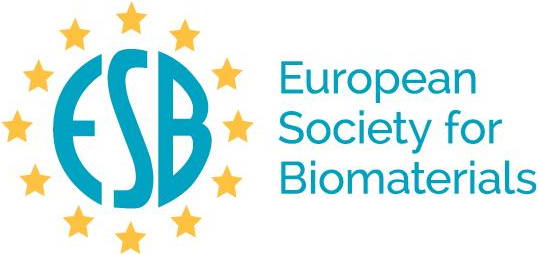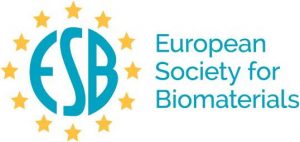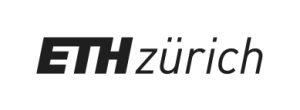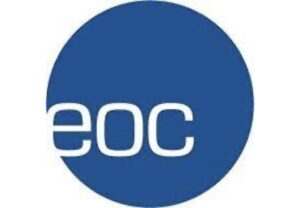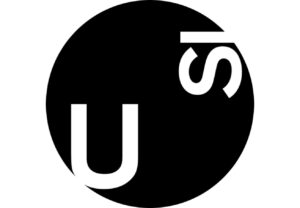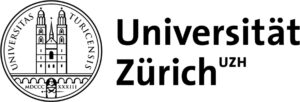Regenerative Medicine Related Education
In Swiss Universities
Zellbiologie 1
Institution: ZHAW, ICBC
Educational Objective: To know and be able to compare characteristics of eucaryotic cells and tissues
To be able to describe applications of cell and tissue culture in medicine and other disciplines
Gain ability to perform basic practical work with cells and tissues
Didactic Setting: Lecture with some practical exercises (bone histology, blood microscopy), group work during lecture
Course Character: Theoretical/Practical
Semester: FS, Language: German
Target group: Bachelor Students
Presence (in hours): 28, Private studies (in hours): 32
Contact: Dr. Stephanie Mathes, E-Mail: n.a.
Website: n.a.
Zellbiologie 2
Institution: ZHAW, ICBC
Educational Objective: To enable the students to describe complex interdependencies of tissue systems
To perform literature work on selected topics related to subsequent practical course
Enable transformation of theoretical knowledge to practical application
Didactic Setting: Lecture with group work during lecture
Course Character: Theoretical
Semester: HS, Language: German
Target group: Bachelor Students
Presence (in hours): 28, Private studies (in hours): 32
Contact: Dr. Stephanie Mathes, E-Mail: masi@zhaw.ch
Website: n.a.
Praktikum Zellbiologie
Institution: ZHAW, ICBC
Educational Objective: Perform basic procedures in cell culture
Coordinate and plan a miniproject with the aim to cultivate and analyse a 3D tissue
Perform a scientific TE mini-project
Didactic Setting: Practical course in groups
Course Character: Practical
Semester: FS, Language: German
Target group: Bachelor Students
Presence (in hours): 56, Private studies (in hours): 28
Contact: Dr. Stephanie Mathes, E-Mail: masi@zhaw.ch
Website: n.a.
Biomaterials and functional surfaces
Institution: ZHAW, ICBC
Educational Objective: The students are familiar with biomaterials and their characteristics. They understand
interactions between materials and cells or tissues and are aware of
modifications to influence these interactions. Students know current applications of biomaterials in tissue engineering, regenerative medicine, drug development
and substance testing.
Didactic Setting: Lectures, excursions, PBL session
Course Character: Theoretical
Semester: FS, Language: German/English
Target group: Master Students
Presence (in hours): 60, Private studies (in hours): 60
Contact: Dr. Stephanie Mathes, E-Mail: masi@zhaw.ch
Website: Course website or Information
Tissue Engineering
Institution: University of Bern
Educational Objective: Acquire knowledge regarding biological principles of tissue formation, homeostasis, repair and regeneration
Acquire knowledge of main tissue engineering components: cells, biomaterials and signaling molecules, and the complexity of their interplay
Gain theoretical knowledge of tissue formation in vitro and means to analyze engineered tissues
Gain understanding of the complexity in ethical and regulatory issues for translation from bench-side (scientific research) to bed (application in clinics)
Didactic Setting: Lectures
Course Character: Theoretical
Semester: n.a., Language: English
Target group: Master Students
Presence (in hours): , Private studies (in hours):
Contact: PD Dr. Dobrila Nesic, E-Mail: dobrila.nesic@dkf.unibe.ch
Website: Course website or Information
Tissue Engineering - Practical Course
Institution: University of Bern
Educational Objective: The student learns how to - properly pipette liquids gets familiarized with the molar thinking learns,- target a primary tissue and how to isolate cells and establish a primary cell culture, -deal with a selection of hydrogel biomaterials ,- deal with the basics of primary mammalian cell culture, - perform basic biochemical assays (e.g. glycosaminoglycan production per DNA content),- extract RNA learns how to pipette a real-time RT-PCR reaction, - analyze statistically relative gene expression data learns interpretation of own data and - write a scientific report in a manuscript format
Didactic Setting: Practical course in groups, lectures
Course Character: Practical
Semester: n.a., Language: English
Target group: Master Students
Presence (in hours): , Private studies (in hours):
Contact: PD Dr. Benjamin Gantenbein, E-Mail: benjamin.gantenbein@istb.unibe.ch
Website: Course website or Information
Stem Cells & Regenerative Medicine
Institution: University of Bern
Educational Objective: At the end of this course, students are expected to be able to: - Understand the basic biology of stem cells and the control of stem cell fate specification and differentiation. - Describe the differences and similarities of various stem and progenitor cell populations. - Describe the clinical uses (or potential uses) of stem cells and their derivatives in selected organs. - Discuss the ethical issues revolving around the use of stem cells. - Converse in an intermediate level about the current key topics of investigation in the field of stem cells and regenerative medicine.
Didactic Setting: Lectures
Course Character: Theoretical
Semester: n.a., Language: English
Target group: PhD Students
Presence (in hours): 13, Private studies (in hours): 13
Contact: PD Dr. Volker Enzmann, E-Mail: volker.enzmann@insel.ch
Website: Course website or Information
Mechanobiology: Implications for Development, Regeneration and Tissue Engineering
Institution: ETH Zurich
Educational Objective: This course will emphasize the importance of mechanobiology to cell determination and behavior. Its importance to regenerative medicine and tissue engineering will also be addressed. Finally, this course will discuss how age and disease adversely alter major mechanosensitive developmental programs.
Didactic Setting: Lectures and group work
Course Character: Theoretical
Semester: FS, Language: English
Target group: Master Students
Presence (in hours): 28, Private studies (in hours):
Contact: Prof. Dr. Marcy Zenobi-Wong, E-Mail: n.a.
Website: Course website or Information
Practical Methods in Tissue Engineering
Institution: ETH Zurich
Educational Objective: The goal of this course is to teach MSc students the necessary skills for doing research in the fields of tissue engineering and regenerative medicine. The first half of the course will have practical exercises and demonstrations on topics including sterile cell culture, light microscopy and histology, protein and gene expression analysis, and viability assays. In the second half of the course, the advantages of 3D cell cultures will be discussed and practical work on manufacturing and evaluating hydrogels and scaffolds for tissue engineering will be covered. Students will work in small groups and the course will culminate in the planning and execution of an independent research project using the techniques acquired in the course. This project, together with laboratory reports, is designed to develop skills in experimental planning, data acquisition and analysis, and scientific writing and communication.
Didactic Setting: Practical course in small groups (2-3 students)
Course Character: Practical
Semester: FS, Language: English
Target group: Master Students
Presence (in hours): 42, Private studies (in hours):
Contact: Dr. Karin Wuertz, Prof. Dr. Marcy Zenobi-Wong, E-Mail: n.a.
Website: Course website or Information
Biocompatible Materials II: Principles in Tissue Engineering
Institution: ETH Zurich
Educational Objective: Understanding of molecular aspects for the application of biodegradable and biocompatible Materials. Fundamentals of tissue reactions (eg. immune responses) against implants and possible clinical consequences will be discussed.
Didactic Setting:
Course Character: Theoretical
Semester: FS, Language: English
Target group: Master Students
Presence (in hours): 28, Private studies (in hours):
Contact: Dr. Katharina Maniura, E-Mail: katharina.maniura@empa.ch
Website: n.a.
On the Internet
Introduction to Tissue Engineering
Institution: MOOC at coursera
Educational Objective: This course will review basic cell culture techniques, structure function relationships, cellular communication, natural and artificial biomaterials, and the basic equations governing cell survival and tissue organization.
Didactic Setting: video, forum
Course Character: MOOC
Semester: n.a., Language: English
Target group: Everyone
Presence (in hours): , Private studies (in hours):
Contact: Yaakov NahmiasHebrew University of Jerusalem, E-Mail: n.a.
Website: Course website or Information
Introduction to Bioethics
Institution: MOOC at edX
Educational Objective: Introduction to Bioethics explores some of the most difficult - and fascinating - moral challenges we face in health, medicine, and emerging technologies.
Didactic Setting: video, forum
Course Character: MOOC
Semester: n.a., Language: English
Target group: Everyone
Presence (in hours): , Private studies (in hours):
Contact: George Town University, E-Mail: n.a.
Website: Course website or Information
Biomaterials-Tissue Interactions
Institution: MOOC at MIT
Educational Objective: Unit cell processes" are used to describe wound healing and tissue remodeling in the absence and presence of implants. Emphasis on the molecular and cellular interactions between standardized biomaterials surfaces and model biological environments. Principles of tissue engineering. Critical characteristics of biomaterials surfaces and methods of analysis. Comparative analysis of permanent and biodegradable implants by reference to case studies.
Didactic Setting: published course materials online
Course Character: MOOC
Semester: n.a., Language: English
Target group: Everyone
Presence (in hours): , Private studies (in hours):
Contact: MIT, E-Mail: n.a.
Website: Course website or Information
